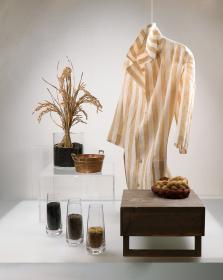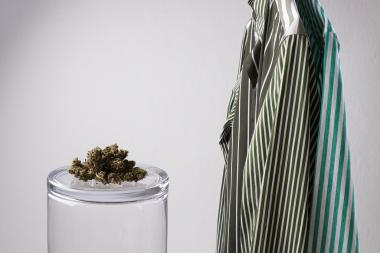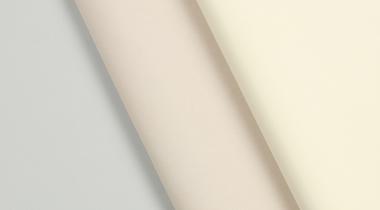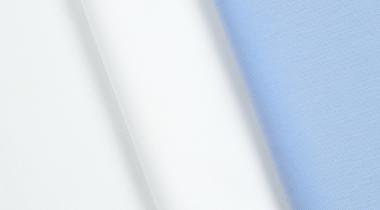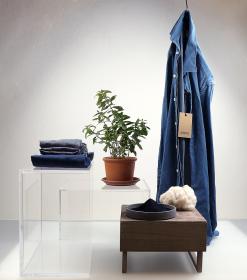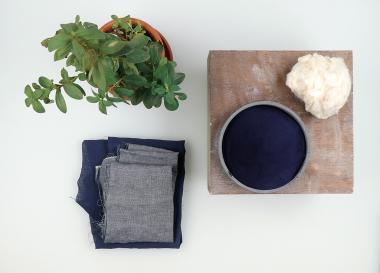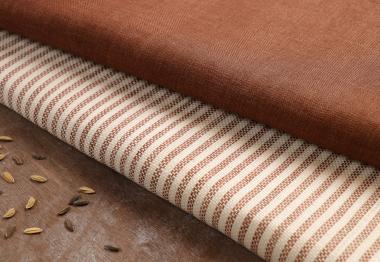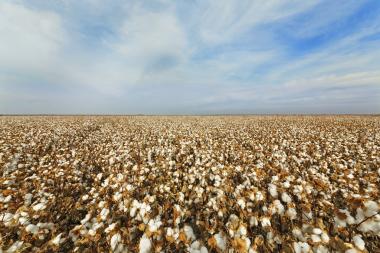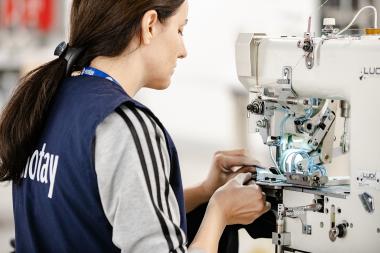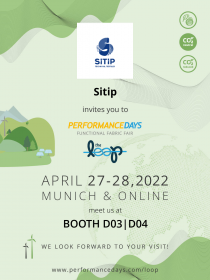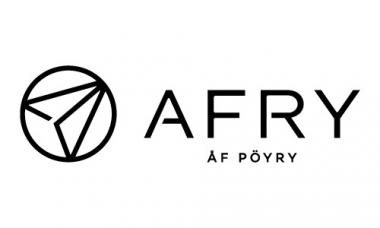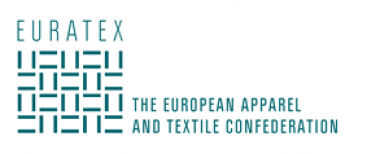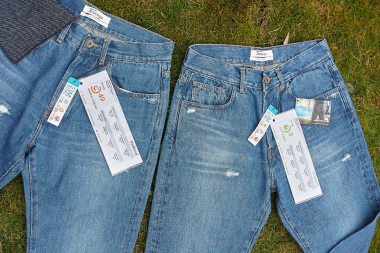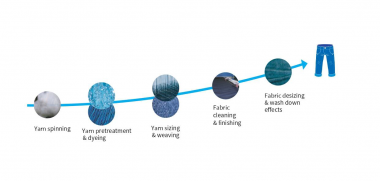Devan expands cooling technology range
At Heimtextil Frankfurt 2022, Devan, will launch novel technologies to the Home Textiles market. The first innovation is a range of bio-based and biodegradable microcapsules. With increased sustainability and circularity requirements in Europe and beyond, Devan is pushing the limits further of its encapsulation methods, also in terms of wash durability. The capsules are biodegradable and hence no harm for risk of microplastics. The new R-Vital NTL range includes evergreen Aloe Vera, waste-material based avocado seed oil with very high hydration abilities! and Vitamine E.
Devan, as part of the Pulcra Chemicals Group, co-launches the new Pulcra TEC-SU, a new biobased C0 DWR. This hydrophobic agent has a bio-content above 60% and contains no APEO or formaldehyde. It keeps performing very good after multiple washings.
The Devan bio-based thermoregulation range, like Tones of Cool Bio which is already several years on the market, is having a positive effect on carbon footprint. Devan is now expanding its cooling range with a specific foam-solution. In the Home Textile industry new (bio)foam types are introduced the last 1,5 years to comply with the EU GreenDeal and circularity / recycling requirements. A good enough reason for Devan to develop a foam-specific cooling system. After all, research shows that our bedroom interiors get warmer every year, partly due to better insulation but also due to global warming. On top of that Devan thermoregulation solutions can save Energy and Water during application: low curing solutions are available next to cooling products to that can be applied, using less water.
Devan Chemicals NV






